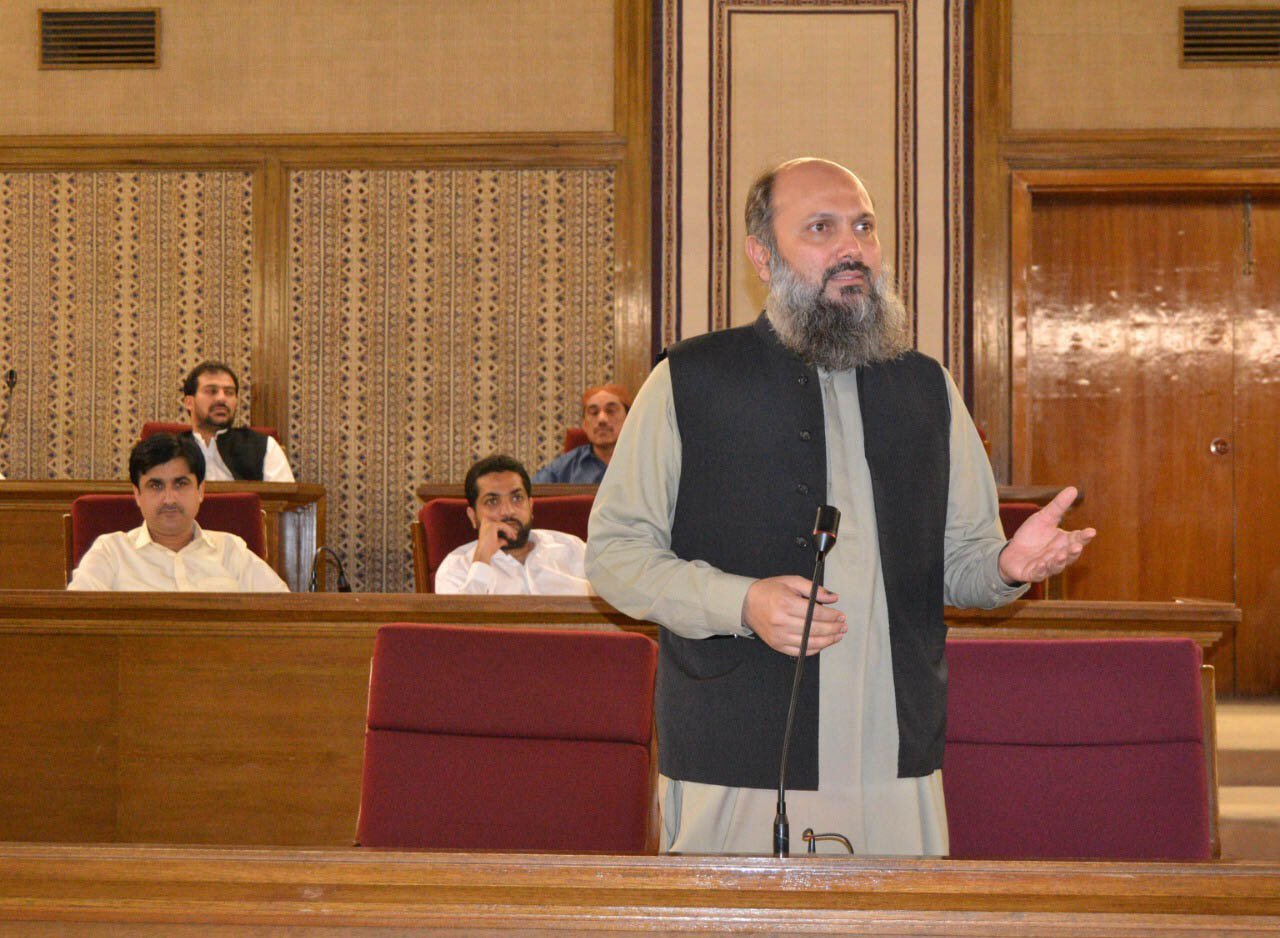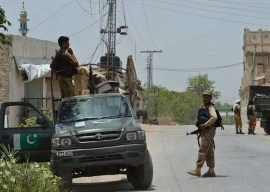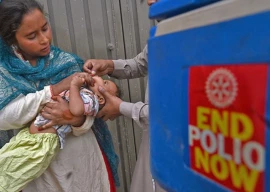
According to an official handout from the CM Secretariat issued on Saturday, Kamal expressed his sincere will to work for the betterment of Gwadar.
Since taking charge of the Chief Minister Office, Kamal has twice visited the port city in view of the water shortage facing the people of Gwadar and Makran Division, according to the handout.
Gwadar APA ‘to promote regional peace’
It says that government efforts have led to the start of water supply for the people of Pasni. Moreover, a water desalination plant has also been inaugurated in Gwadar to provide 200,000 gallons of water to the residents.
In the past, water was supplied to the city through water tankers which were costing Rs3 billion annually to the national exchequer, says the official handout.
The chief minister has directed authorities to intensify construction of Karwat Desalination Plant which would supply two million gallons of water to Gwadar.
The provincial government has decided to take monthly water bills from hotels, business companies and luxurious houses. The CM has, however, directed the PHE department to spare small neighbourhoods from these bills and continue water supply through tankers free of cost.
It is pertinent to mention that these business ventures and houses were earlier offered subsidy from the federal government.
Earlier, on October 24, at the concluding session of a ‘Consultative Workshop on Revival of Balochistan Water Resources Programme,’ Kamal stressed the need for preserving the available water reserves for future generation.
He underlined the need to utilise available resources with utmost care and caution. “Every individual will have to play a role,” he added.
Transcontinental parliamentary moot in Gwadar
Highlighting the importance of the consultative workshop, Kamal said, “Balochistan is facing a severe water shortage as its groundwater level is fast depleting, mainly due to agricultural and horticultural activities.”
He said water crisis had affected the entire country; but it was more serious in Balochistan owing to wrong planning, lack of dams and low precipitation. “We declared water emergency in the province soon after coming to power,” he added.
Kamal said agriculture and livestock sectors were very crucial for the provincial economy as a large portion of the population was linked to them.
1719315628-0/BeFunky-collage-(8)1719315628-0-405x300.webp)


1731329418-0/BeFunky-collage-(39)1731329418-0-165x106.webp)













COMMENTS
Comments are moderated and generally will be posted if they are on-topic and not abusive.
For more information, please see our Comments FAQ